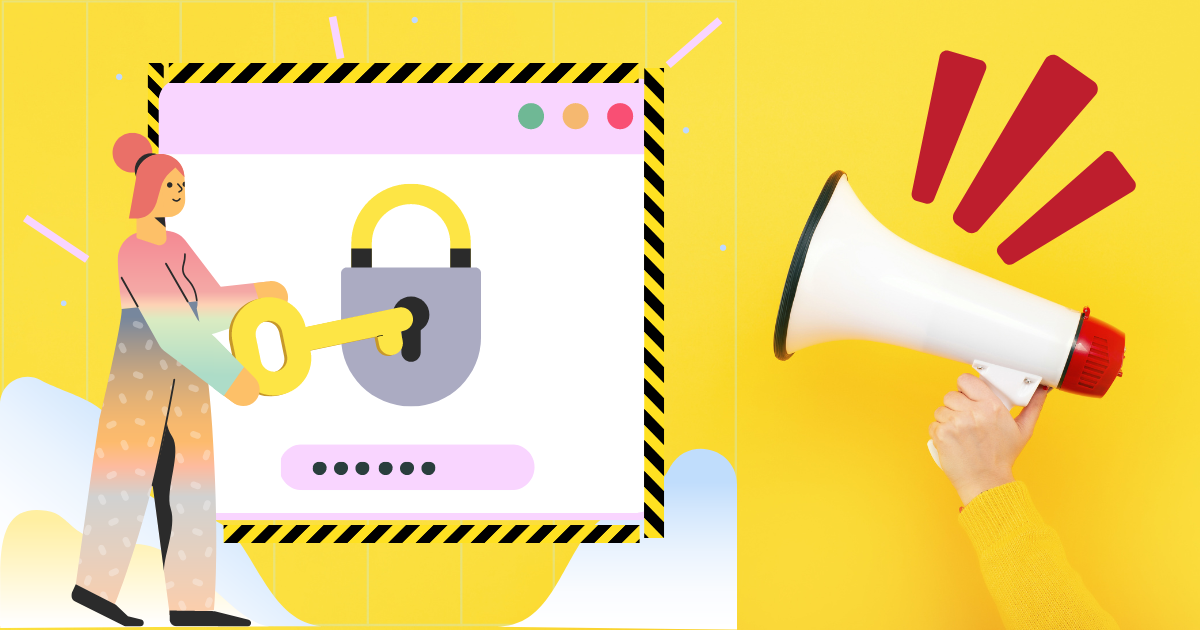
The Importance of Website Security: A Guide to Protecting Your Site and Visitors
Website security is a critical aspect of any online presence. In today’s digital age, cyber threats and online fraud are on the rise, making it essential to ensure that your website is secure and that your visitors’ information is protected. A security breach can result in loss of revenue, reputation damage, and even legal consequences, making website security an important issue that should not be overlooked. Here are some best practices for protecting your website and your visitors:
Use HTTPS
Using HTTP Secure (HTTPS) is a protocol that provides encryption and authentication for data transmitted over the internet. This helps to protect sensitive information, such as passwords and payment information, from being intercepted by hackers. When visitors see the padlock icon in the address bar and “https” instead of “http” in the website URL, they know that their information is secure. Ensure that your website uses HTTPS and that your SSL certificate is up-to-date.
Keep Software Up-to-Date
Regularly updating your website’s software, including the CMS, plugins, and themes, can help to prevent security vulnerabilities from being exploited by hackers. Set up automatic updates to ensure that your software is always up-to-date. Outdated software can create a security hole for hackers to exploit and gain unauthorized access to your website.
Use Strong Passwords
Using strong passwords is crucial for protecting your website and visitors. Choose unique and complex passwords for all accounts associated with your website and use two-factor authentication whenever possible. This will help to prevent unauthorized access to your site. Passwords should be a combination of upper and lowercase letters, numbers, and symbols, and should not include any personal information.
Monitor Your Site
Regularly monitoring your website for security breaches and suspicious activity can help you detect and prevent threats in a timely manner. Consider using security plugins or tools to help with monitoring. These tools can help you to identify security issues such as malware, suspicious code, and unauthorized changes to your website.
Backup Your Site
Regular backups can help to protect your website’s data in the event of a security breach or other unexpected event. Make sure to backup your site regularly and store the backups off-site. Backups should be tested regularly to ensure that they are working correctly and can be used to restore your website if needed.
Educate Yourself and Your Team
Staying informed about the latest security threats and best practices is essential for website security. Read industry blogs and attend webinars to keep up-to-date with the latest trends and threats. Make sure that your team is also trained on website security and that they understand the importance of following security best practices. Conduct regular security training sessions to keep your team up-to-date on the latest threats and best practices.
Conclusion
Website security is critical for protecting your brand, your visitors, and your revenue. By taking the necessary steps to secure your site, you can help to prevent security breaches, build trust with your visitors, and maintain a strong online presence. These best practices can help to ensure that your site is secure and your visitors’ information is protected. Whether you’re just getting started with a new website or you’re looking to improve the security of an existing one, these tips can help you to protect your website and visitors.





